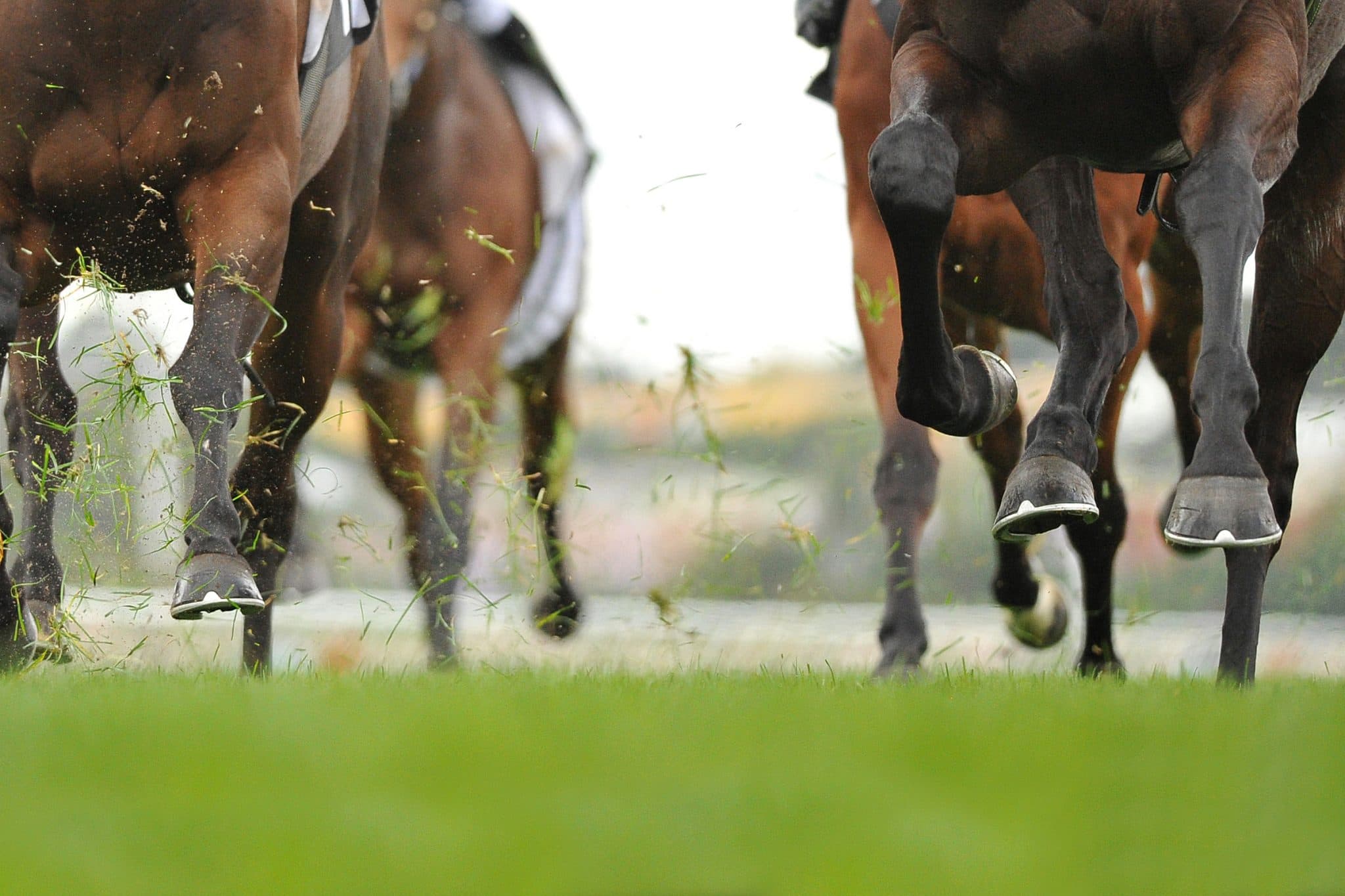Gene editing: The new gene doping?
The Australian thoroughbred industry is a world leader. Steeped in tradition, the world-class breeding industry exports thoroughbred horses to most racing nations across the world and contributes approximately $1.16 billion per annum in value added impact to the Australian national economy, and more than 8000 full time jobs, particularly in rural and regional areas.
AgriFutures Australia Manager, Research Annelies McGaw, said, “Unlike many other breeding industries, all thoroughbred horse matings or ‘covers’ are done naturally. To ensure the integrity of the industry, and welfare of horses, antidoping control is one way the industry can protect itself from breeches to integrity.”
“Now new technologies, such as gene editing – a biotechnology that creates subtle and precise changes to DNA in order to bring about changes to a gene or a group of genes – are threatening the integrity of the industry and the potential of this therapy to threaten the definition of thoroughbred horses.”
In sport, gene editing is a method of illegal gene doping which is used to alter genes in order to artificially enhance athlete performance, both in humans and animals. The World Anti-Doping Agency (WADA) and horseracing authorities have been aware of the threat of gene doping for around 15 years and have prioritised developing methods of detection.
“For the Australian thoroughbred horse industry, gene doping threatens horse welfare and the fundamental principle of fair play in competition which could impact consumer confidence in wagering, a major source of income to the industry,” said Ms McGaw.
New strategies to ensure animal welfare and fair play
Responding to industry concern about gene editing, a research project led by Racing Australia and funded by AgriFutures Thoroughbred Horses Program, is developing a new and efficient method to detect gene editing in horses. This new test will allow Australian and international authorities to uphold industry integrity through identification of illegally edited horses. And more importantly, it will safeguard the wellbeing of the industry’s most important participants – the horses.
Leading the research project is Dr Natasha Hamilton, Director of Racing Australia’s Equine Genetics Research Centre, with additional research being conducted by Dr Adam Cawley from Racing NSW.
“Finding an effective detection method for gene editing will play an important role in deterring people who are considering using this new biotechnology in racehorses. Our primary concern is the health and welfare of the horses and having a test for gene editing will help control abuse of the technology and protect the integrity of the industry,” said Dr Hamilton.
“At the moment there are no genetic therapies that are approved for use in thoroughbred horses in Australia, they’re all banned. To protect the horses and the industry from exploitation, what we’re working on is an efficient way to detect the illegal practice of gene editing.”










